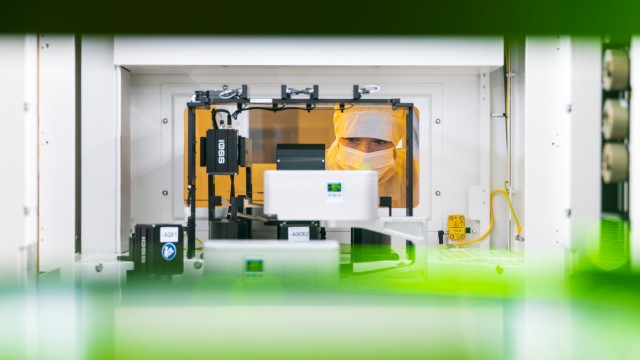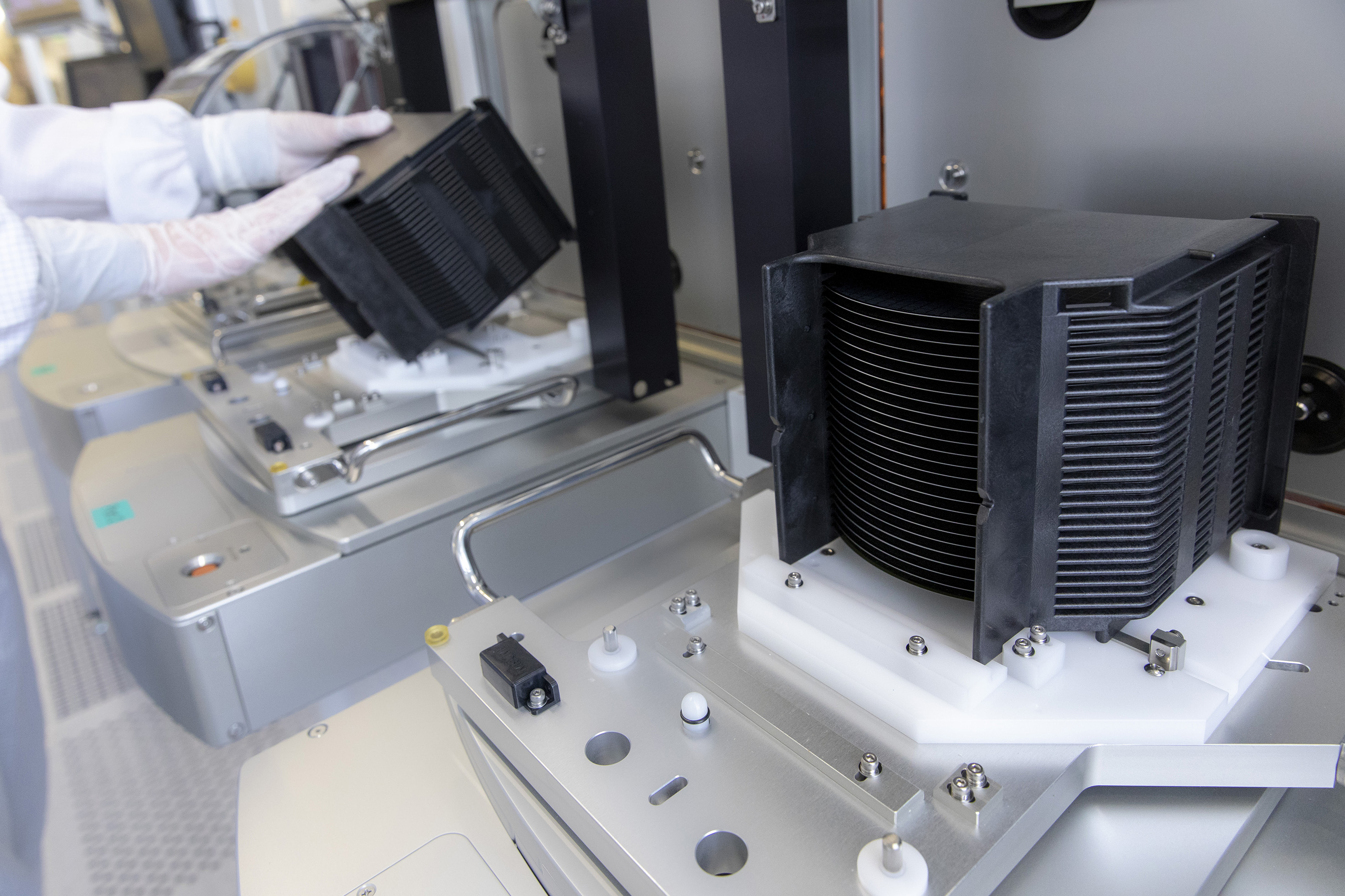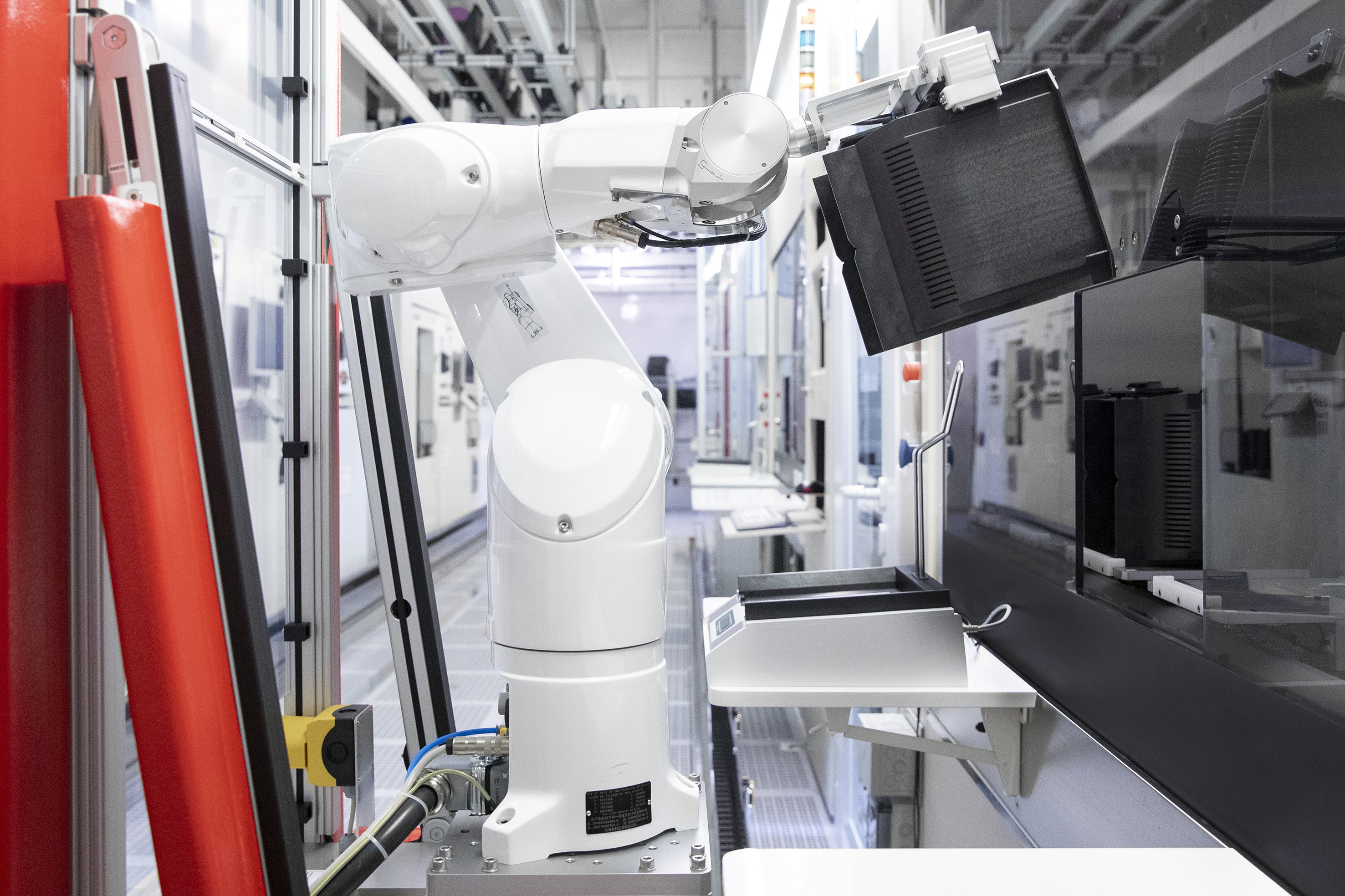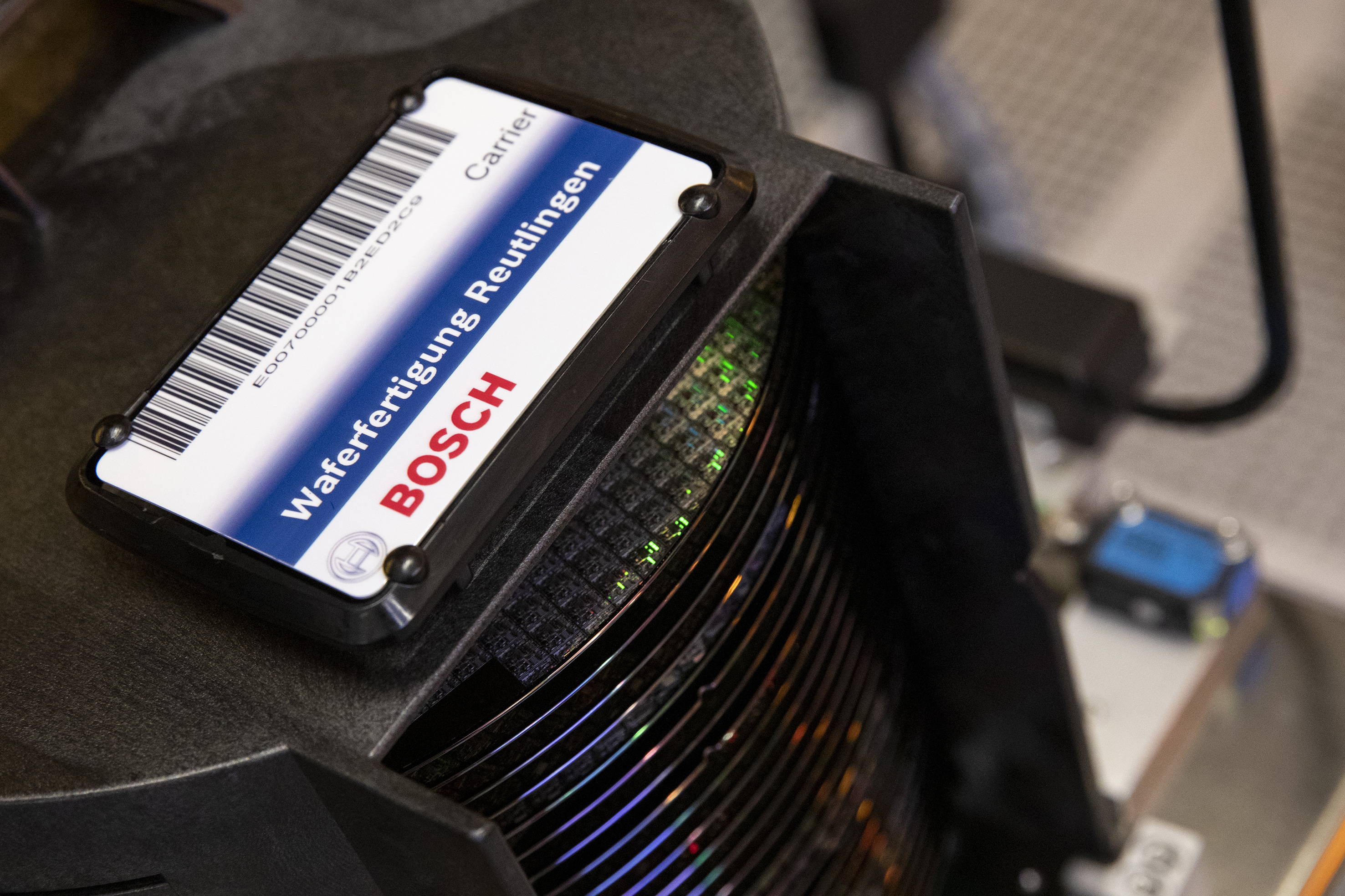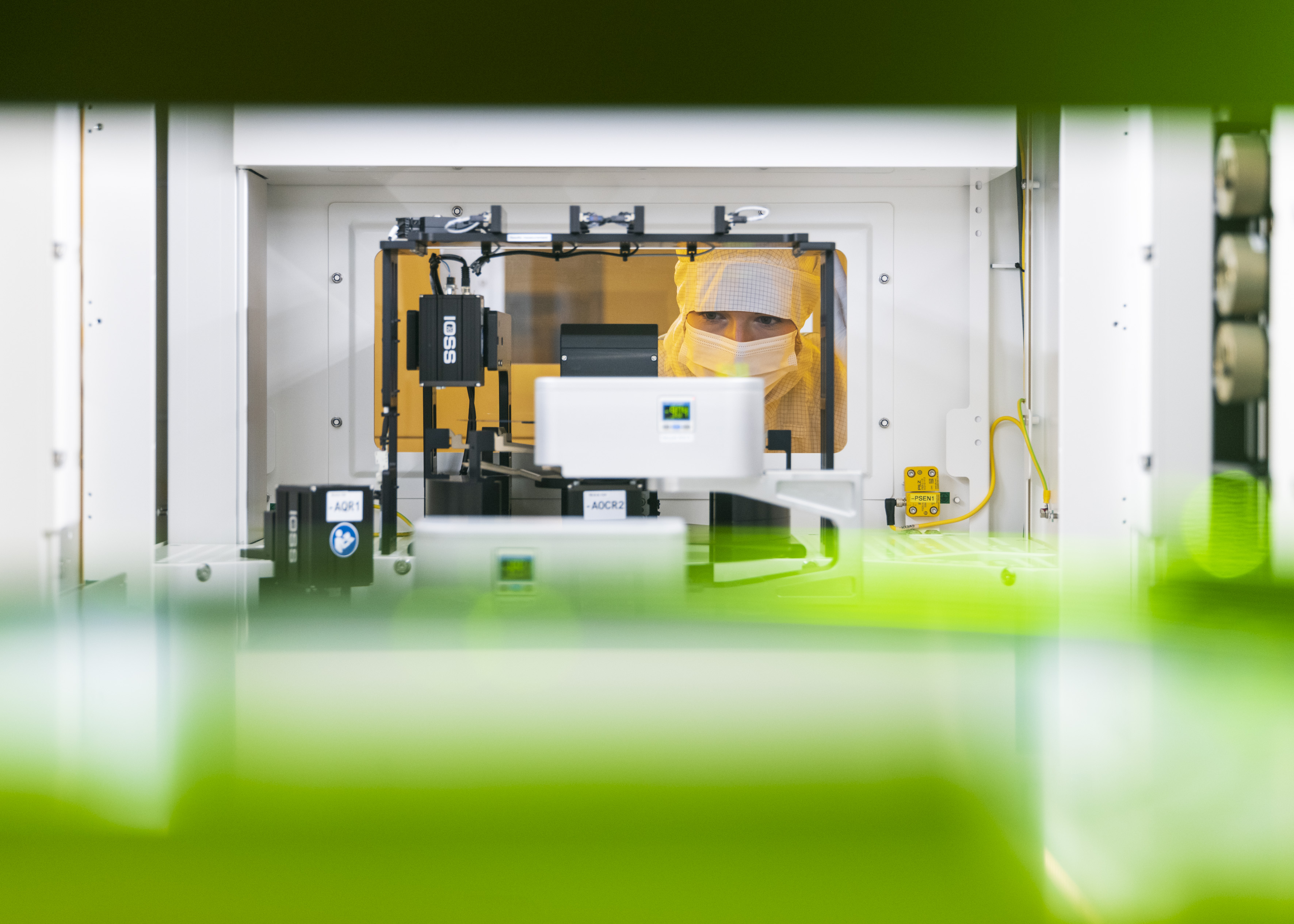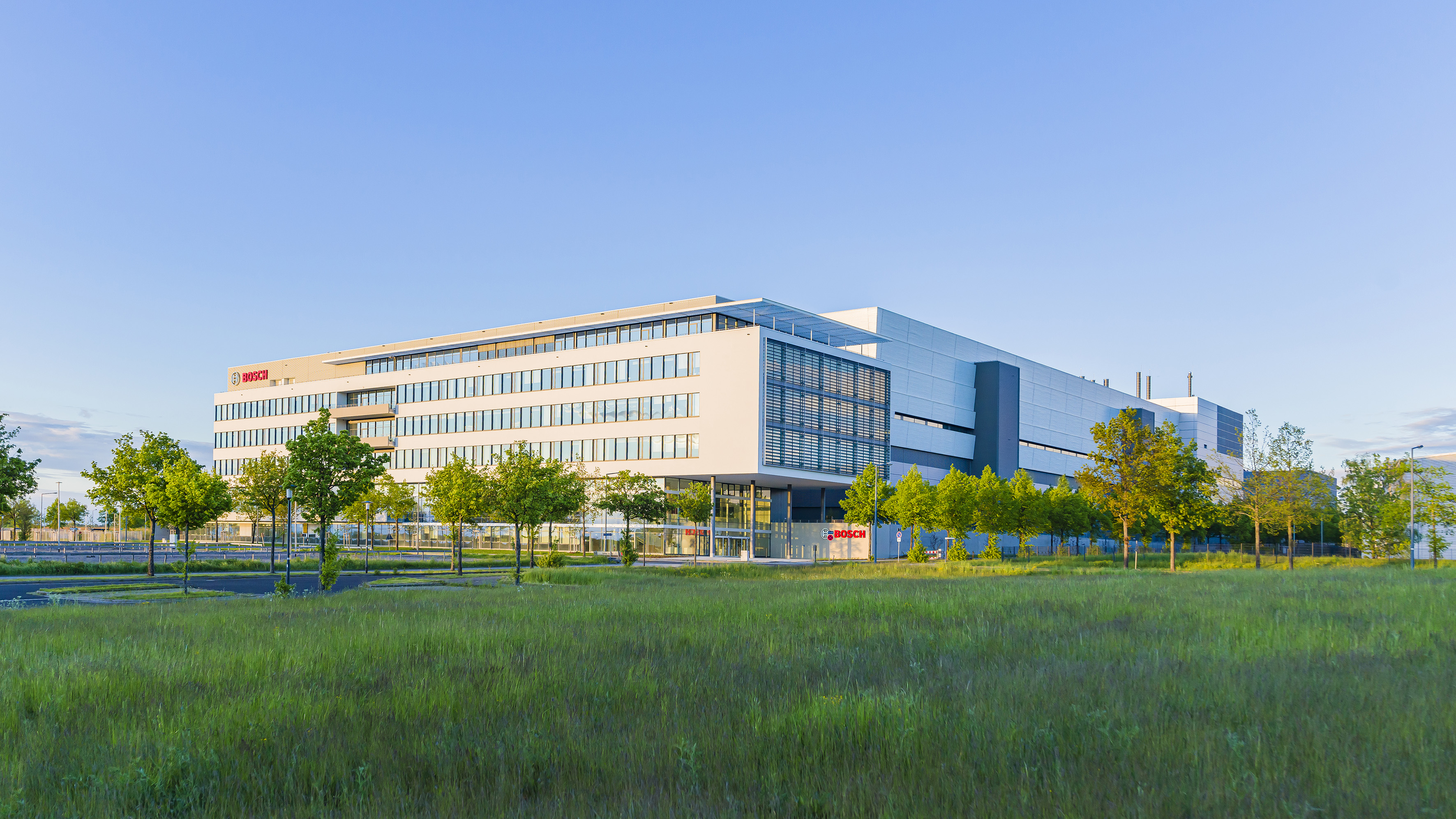Stuttgart, Germany – In the face of the global chip shortage, Bosch is increasing its capital expenditure. Just a few weeks after opening its new wafer fab in Dresden, the supplier of technology and services has now announced another nine-figure investment in its chip manufacturing facilities. In 2022 alone, Bosch plans to invest more than 400 million euros in expanding its wafer fabs in Dresden and Reutlingen, Germany, and its semiconductor operations in Penang, Malaysia. “Demand for chips is continuing to grow at breakneck speed. In light of current developments, we are systematically expanding our semiconductor production so we can provide our customers with the best possible support,” says Dr. Volkmar Denner, chairman of the board of management of Robert Bosch GmbH. Most of the capital expenditure is earmarked for Bosch’s new 300-millimeter wafer fab in Dresden, where manufacturing capacity is to be expanded even faster in 2022. Around 50 million euros of the planned sum will be spent on the wafer fab in Reutlingen near Stuttgart in the coming year. Bosch will invest a total of 150 million euros in additional clean-room space here from 2021 to 2023. In Penang, Malaysia, Bosch is also building a test center for semiconductors from scratch. Starting in 2023, the center will test finished semiconductor chips and sensors. “These planned investments demonstrate once again the strategic importance of having our own manufacturing capacity for the core technology of semiconductors,” Denner says.
Mobility is the largest Bosch Group business sector. It generated sales of 55.8 billion euros in 2024, and thus contributed around 62 percent of total sales. This makes the Bosch Group one of the leading mobility suppliers. Bosch Mobility pursues a vision of mobility that is safe, sustainable, and exciting. For its customers, the outcome is integrated mobility solutions. The business sector’s main areas of activity are electrification, software and services, semiconductors and sensors, vehicle computers, advanced driver assistance systems, systems for vehicle dynamics control, repair-shop concepts, as well as technology and services for the automotive aftermarket and fleets. Bosch is synonymous with important automotive innovations, such as electronic engine management, the ESP anti-skid system, and common-rail diesel technology.
The Bosch Group is a leading global supplier of technology and services. It employs roughly 412,000 associates worldwide (as of December 31, 2025). According to preliminary figures, the company generated sales of 91 billion euros in 2025. Its operations are divided into four business sectors: Mobility, Industrial Technology, Consumer Goods, and Energy and Building Technology. With its business activities, the company aims to use technology to help shape universal trends such as automation, electrification, digitalization, connectivity, and an orientation to sustainability. In this context, Bosch’s broad diversification across regions and industries strengthens its innovativeness and robustness. Bosch uses its proven expertise in sensor technology, software, and services to offer customers cross-domain solutions from a single source. It also applies its expertise in connectivity and artificial intelligence in order to develop and manufacture user-friendly, sustainable products. With technology that is “Invented for life,” Bosch wants to help improve quality of life and conserve natural resources. The Bosch Group comprises Robert Bosch GmbH and its roughly 490 subsidiary and regional companies in over 60 countries. Including sales and service partners, Bosch’s global manufacturing, engineering, and sales network covers nearly every country in the world. Bosch’s innovative strength is key to the company’s further development. At 136 locations across the globe, Bosch employs some 82,000 associates in research and development.
Additional information is available online at www.bosch.com, www.bosch-press.com.
